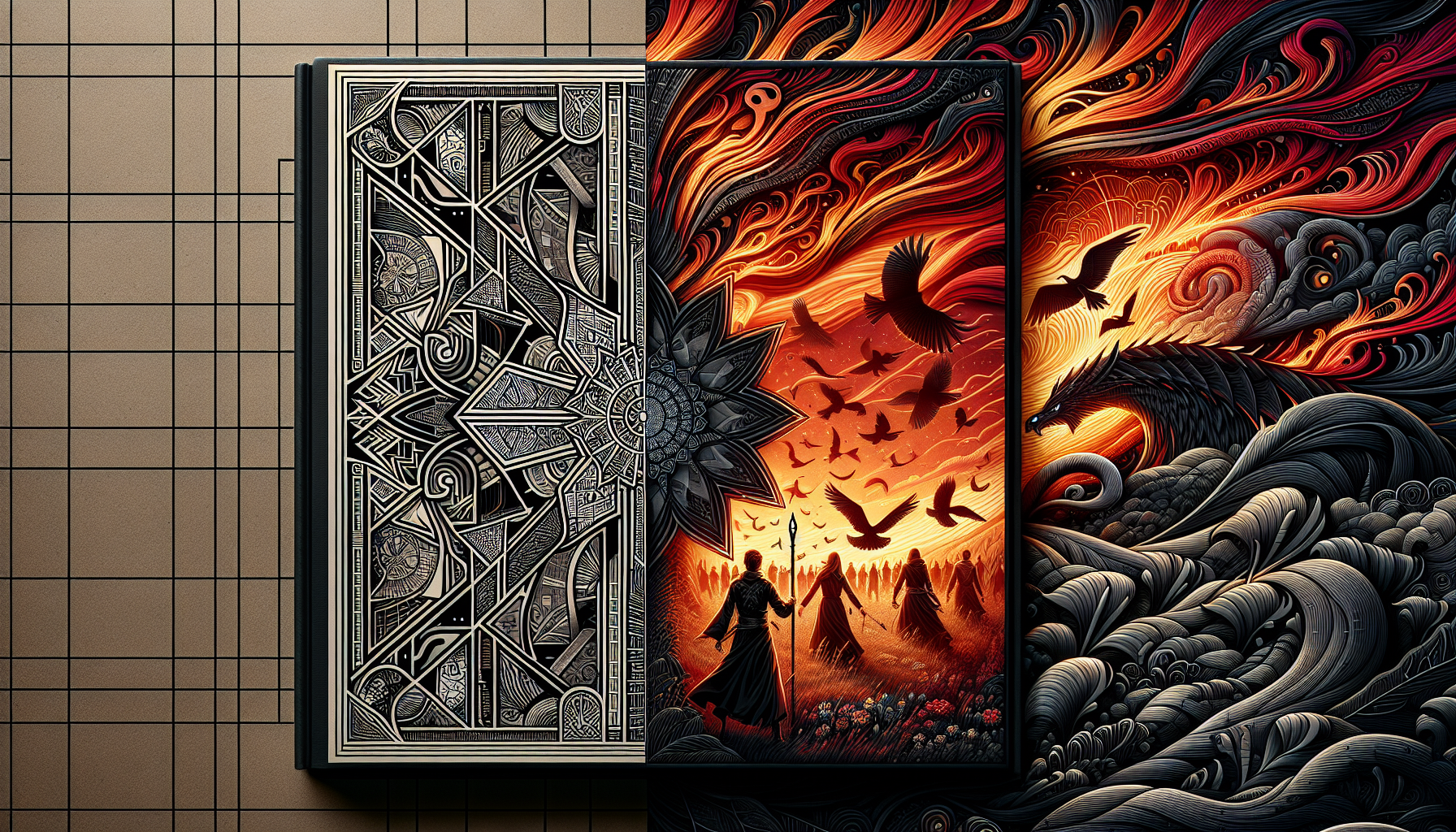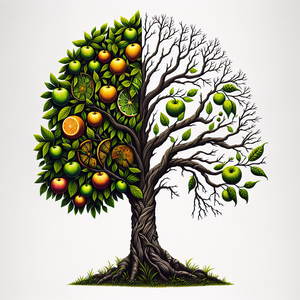The Evolution of Pub Quizzes: From Pubs to Podcasts

The concept of the pub quiz can be traced back to the United Kingdom in the late 1970s. The charming combination of alcohol and friendly competition made quizzes an instant hit among patrons looking to test their knowledge while enjoying a pint. The original format typically involved a quizmaster posing questions on various topics, with teams of participants vying for prizes and, more importantly, bragging rights. The intimate setting of pubs provided an engaging atmosphere for players to connect with one another, fostering a sense of community and friendship. As the popularity of pub quizzes surged, they became a regular fixture in many establishments, often drawing large crowds and encouraging repeat visits. Not only did these gatherings promote social interaction, but they also helped build a sense of identity around local pubs, making them cultural hubs within communities.
The Shift to Technology
As the digital age dawned, the way people interacted with trivia began to shift dramatically. The rise of the internet and mobile technology opened up new avenues for hosting quizzes, making them more accessible to a broader audience. Online platforms emerged, allowing quiz enthusiasts to participate from the comfort of their homes or wherever they happened to be. Podcasts, in particular, have played a significant role in the evolution of trivia. With the increase in podcast popularity, trivia-themed shows began to proliferate, offering listeners an interactive experience. Shows like "Trivial Warfare," "No Such Thing As A Fish," and "Good Job, Brain!" not only provide entertainment but also invite listeners to test their knowledge in real-time. This new format allows trivia lovers to engage with quizzes at their convenience, breaking the geographical limitations imposed by traditional pub settings. For example, "Good Job, Brain!" draws in a dedicated audience by blending humor with trivia, making the experience enjoyable and educational. This interaction has created a community around trivia podcasts, where listeners can share their scores and challenge friends, further expanding the reach of trivia beyond the pub environment.
Interactive Experiences and Gamification
The shift to online platforms has also introduced elements of gamification into the trivia experience. Many apps and websites now offer quizzes with interactive features, such as leaderboards, time limits, and rewards for top performers. This gamified approach enhances engagement, encouraging players to return and compete against friends or strangers from around the world. Moreover, social media has become a powerful tool for trivia enthusiasts. Platforms like Instagram and TikTok have given rise to short-form quizzes and trivia challenges that can easily be shared and enjoyed among followers. This not only keeps the spirit of trivia alive but also expands its reach to younger generations, who may not have participated in traditional pub quizzes. For instance, TikTok challenges allow users to engage with trivia in a fun and dynamic format, creating viral trends that appeal to a diverse audience.
The Future of Trivia Engagement
As we look to the future, the evolution of pub quizzes shows no signs of slowing down. The blend of traditional quiz formats with modern technology has created a dynamic and flexible environment for trivia lovers. Virtual trivia nights, hosted via video calls, have become increasingly popular, allowing friends and family to connect regardless of their physical location. This adaptability has been particularly evident during the COVID-19 pandemic, when many turned to virtual trivia as a way to maintain social connections. Additionally, the emphasis on community-building in trivia games remains strong. Whether in-person or online, trivia fosters teamwork and collaboration, encouraging participants to work together to solve problems and answer questions. This aspect of pub quizzes is likely to remain central to their appeal, as people continue to seek out social experiences that enhance their sense of belonging. The continued rise of community-driven platforms may further solidify trivia's place as a social connector across a variety of settings.
The evolution of pub quizzes from traditional pub gatherings to engaging podcasts and online experiences highlights the adaptability of this beloved pastime. As technology continues to advance, trivia will undoubtedly keep evolving, finding new ways to connect people and engage their minds. Whether you're a seasoned quizmaster or a casual participant, the world of trivia offers a unique blend of entertainment, education, and social interaction that is sure to thrive in the years to come. So, gather your friends, grab a drink, and get ready to embrace the ever-changing landscape of trivia! The journey from pubs to podcasts is just the beginning, as the trivia experience continues to expand and innovate, promising even more enjoyable experiences for enthusiasts around the globe.
Trivia Content Creator
Podcast networks, online trivia platforms, content agencies
Core Responsibilities
Develop engaging trivia questions and content for various platforms, including podcasts, apps, and social media.
Research diverse topics to ensure accuracy and variety in trivia offerings.
Collaborate with producers and hosts to create interactive segments for trivia shows.
Required Skills
Strong writing and communication skills, with a knack for crafting compelling questions.
Familiarity with popular trivia formats and a passion for games and quizzes.
Experience in content creation or entertainment, especially in audio or digital media.
Game Designer (Trivia Applications)
Mobile app development companies, gaming studios, educational tech firms
Core Responsibilities
Design and develop interactive trivia games and applications, focusing on user experience and engagement.
Collaborate with developers to implement gamification features such as leaderboards and rewards systems.
Conduct user testing and gather feedback to refine game mechanics.
Required Skills
Proficiency in game design software and programming languages relevant to app development.
Understanding of user interface (UI) and user experience (UX) principles.
Strong creativity and problem-solving skills, with an ability to think critically about game dynamics.
Community Manager for Trivia Platforms
Online trivia sites, social media platforms, entertainment companies
Core Responsibilities
Engage with trivia enthusiasts through social media, forums, and live events to foster community interaction.
Organize and promote online trivia nights and competitions, ensuring a welcoming atmosphere for participants.
Gather feedback from the community to improve user experience and content offerings.
Required Skills
Excellent interpersonal and communication skills, with a flair for community engagement.
Experience managing social media accounts and online communities.
Knowledge of trivia culture and the ability to create inclusive and entertaining events.
Podcast Producer (Trivia Shows)
Podcast networks, independent production companies, media organizations
Core Responsibilities
Oversee the production of trivia-themed podcasts, from scripting to recording and editing.
Coordinate guest appearances and ensure high production quality.
Analyze listener feedback and metrics to enhance future episodes.
Required Skills
Strong audio production skills, including proficiency with editing software.
Experience in project management and ability to work under tight deadlines.
Passion for trivia and knowledge of various quiz formats to keep content fresh and engaging.
Marketing Specialist for Trivia Events
Event planning companies, entertainment firms, digital marketing agencies
Core Responsibilities
Develop and implement marketing strategies to promote trivia events and online games.
Collaborate with community managers and content creators to create promotional materials and campaigns.
Analyze market trends and audience engagement to optimize outreach efforts.
Required Skills
Strong background in digital marketing and social media strategy.
Ability to create compelling marketing content and analyze campaign performance.
Knowledge of the entertainment and gaming industries, particularly in relation to trivia.


